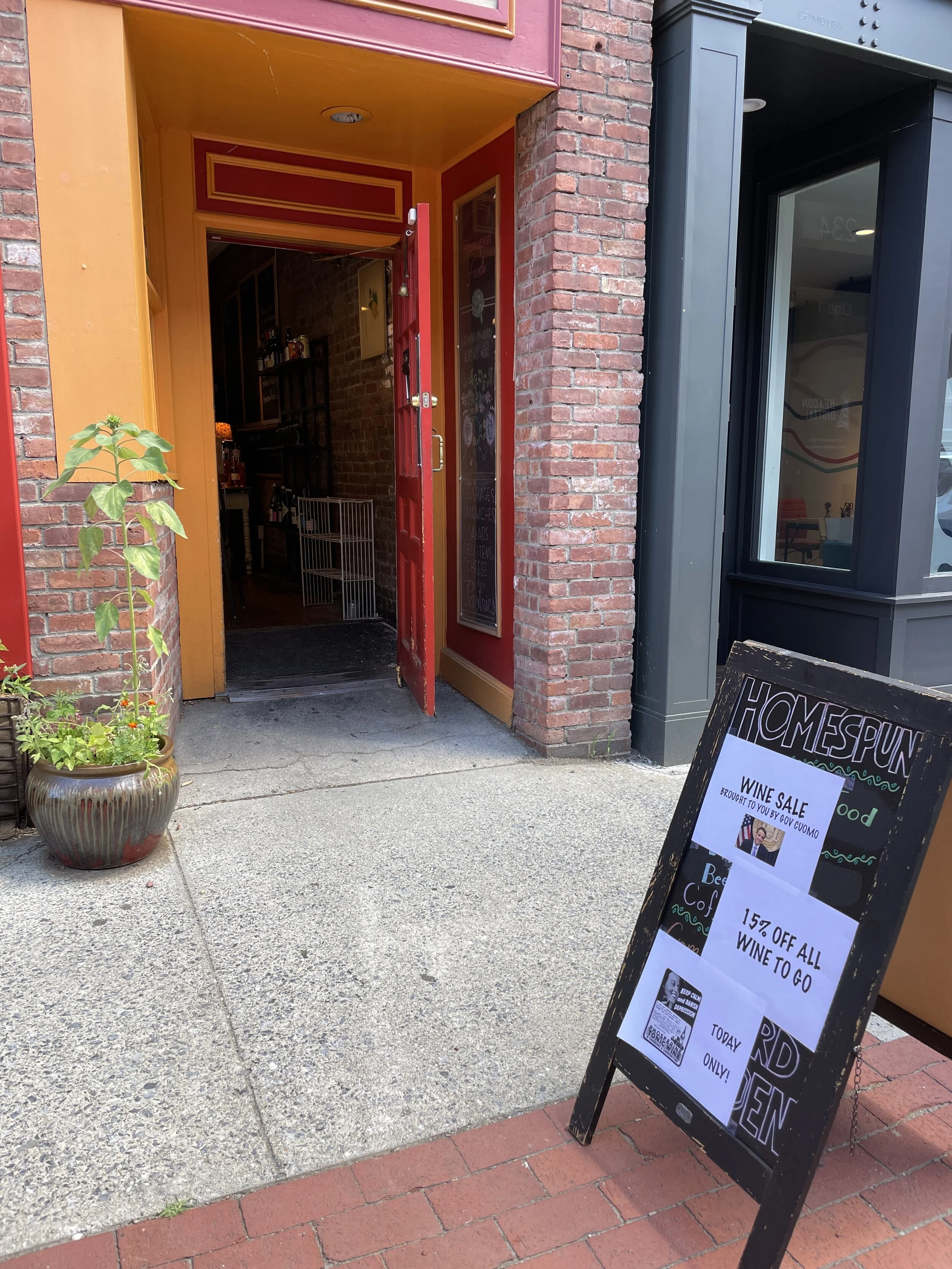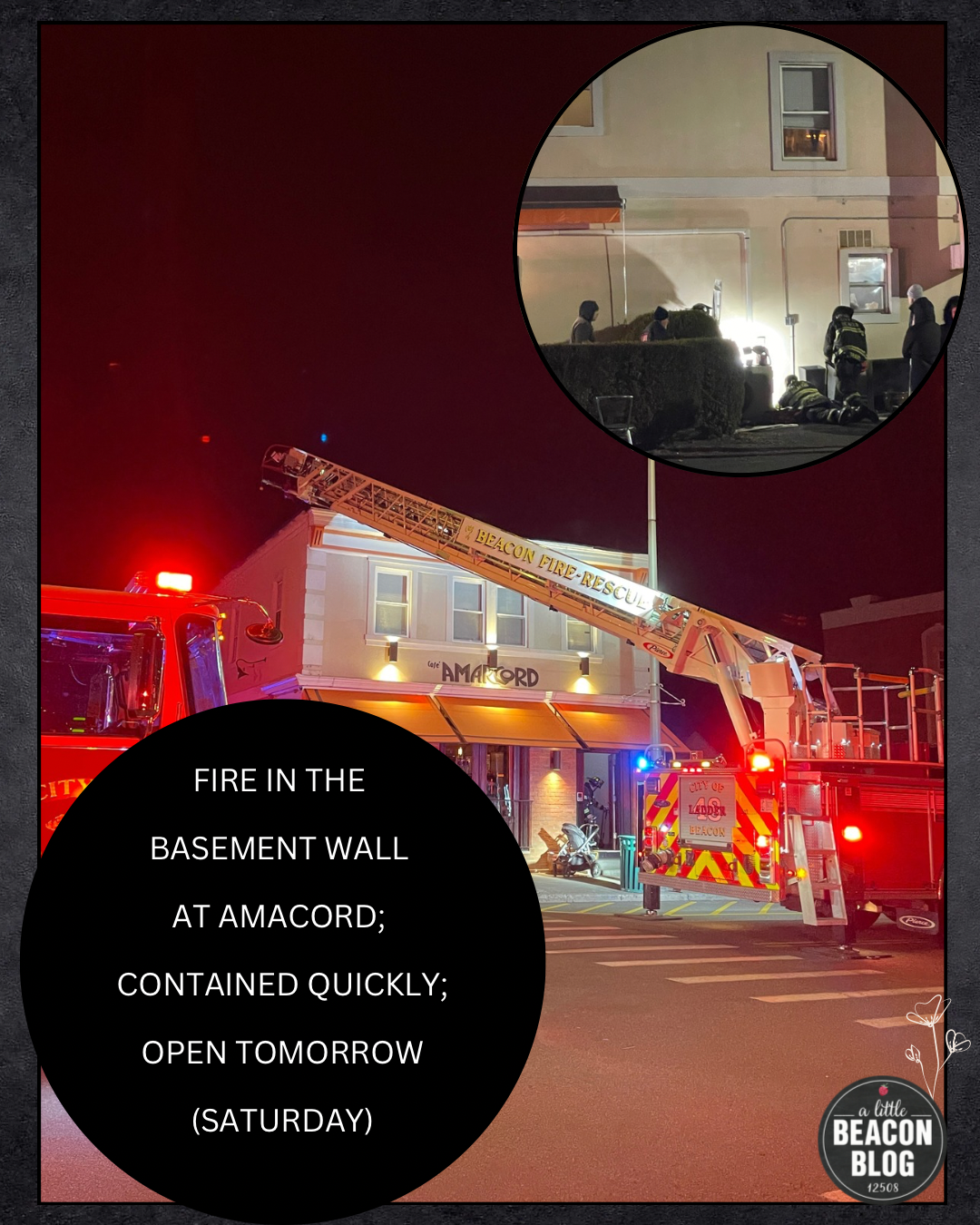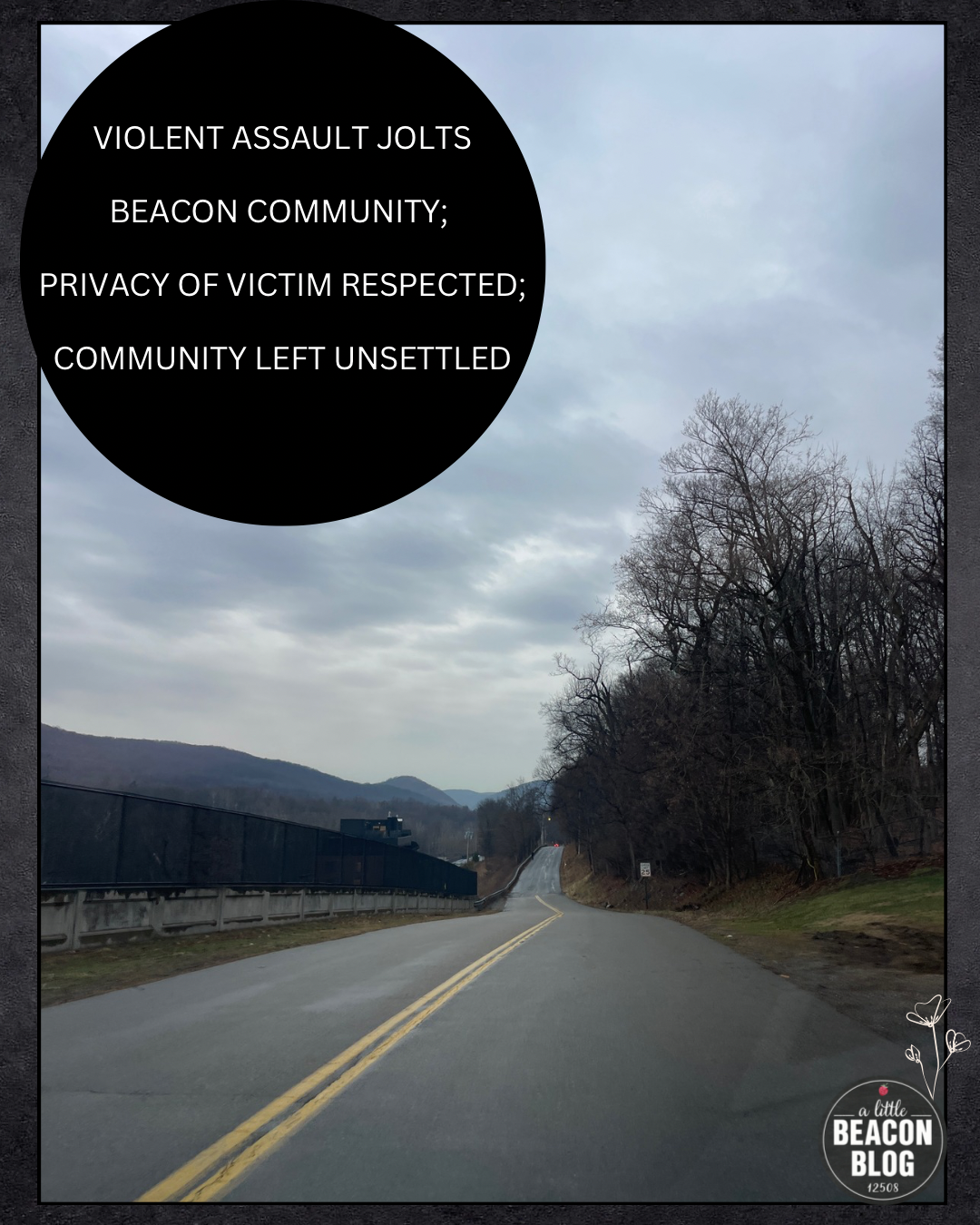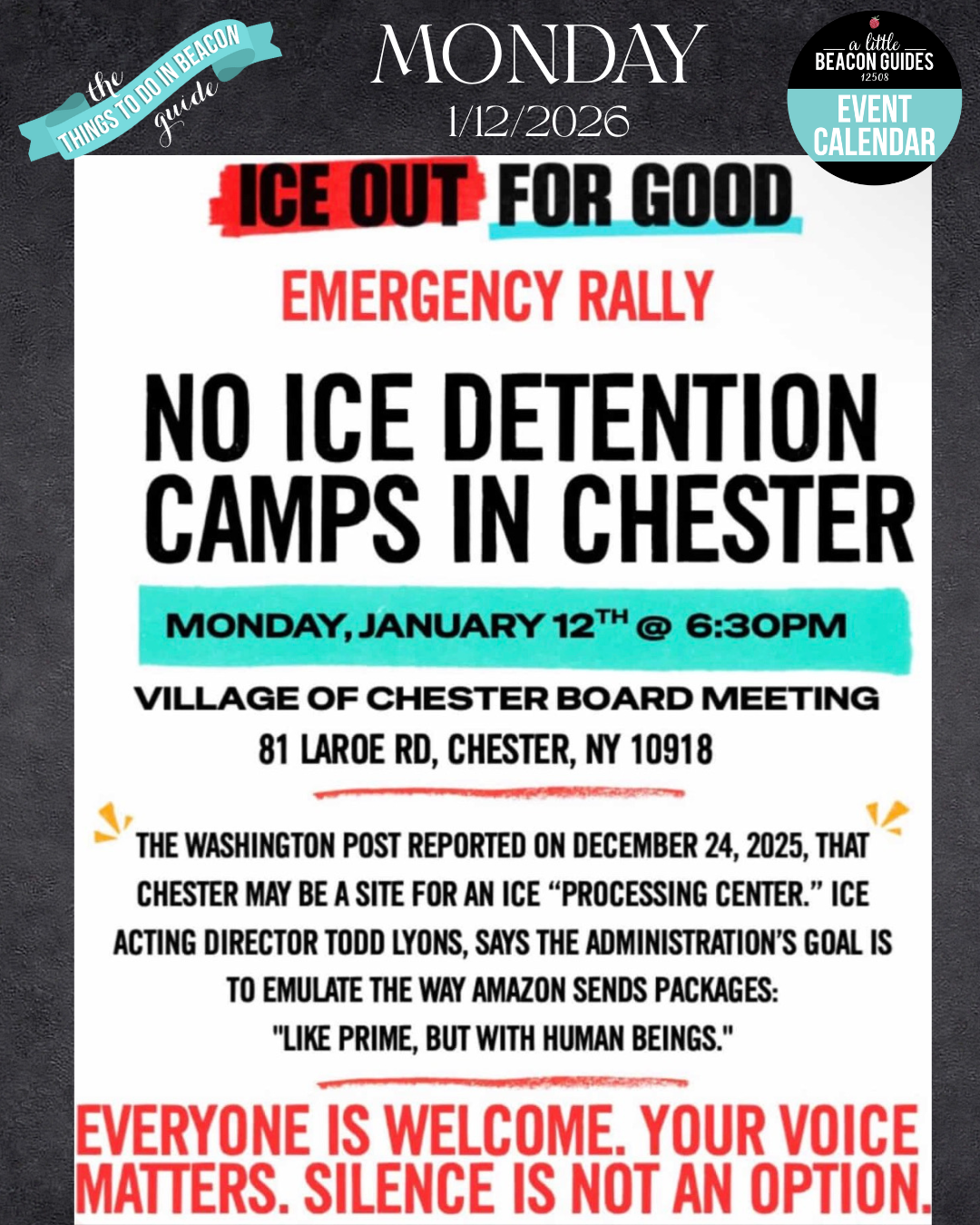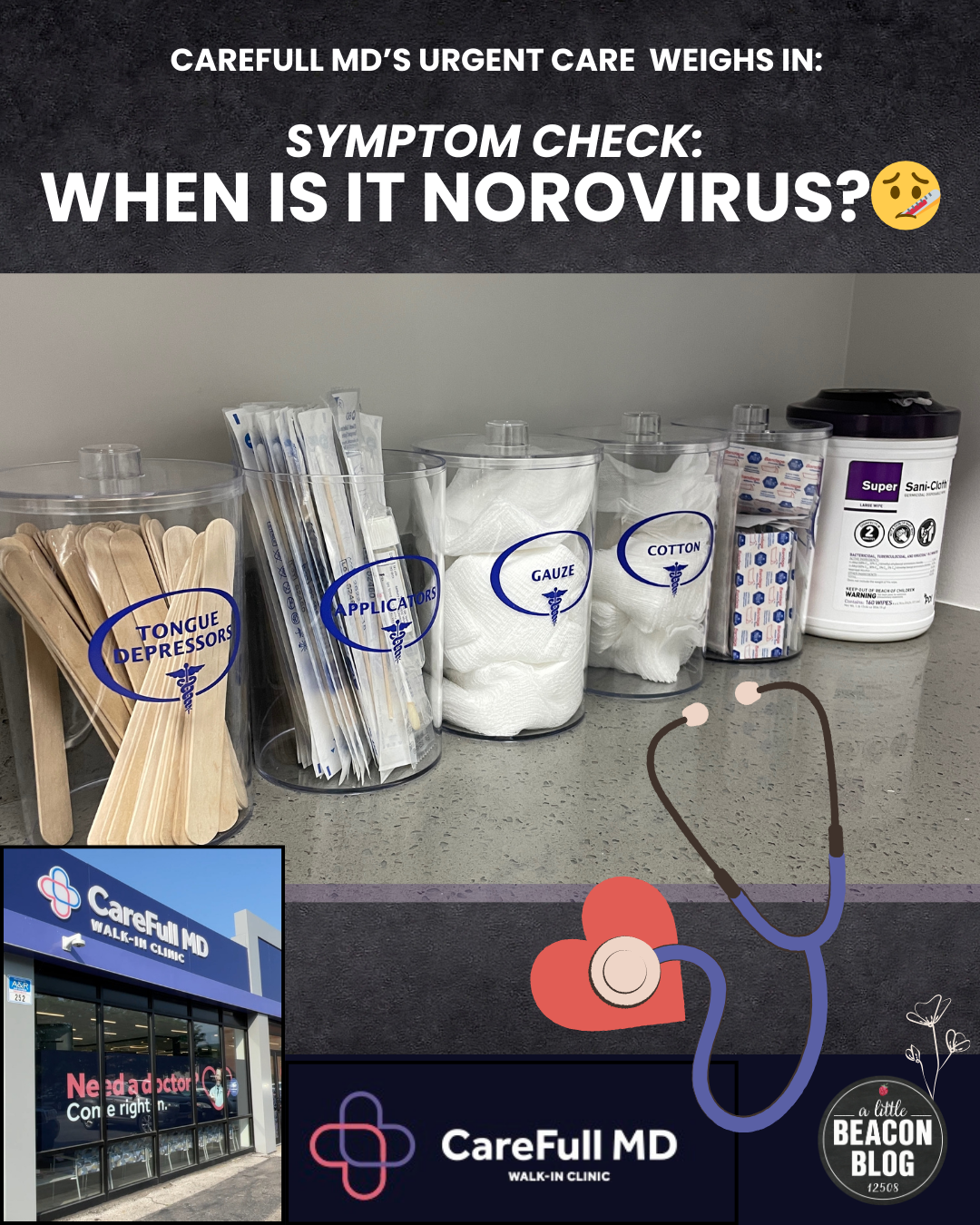New York State Said N/A, But 38 States Said Yes To Extended Cocktails To-Go + Wine Bottle Sales For Restaurants
/New York’s cocktails-to-go rule, which included bottles of wine being sold from restaurants, and freshly packaged cocktails being sold from bars and restaurants, disappeared with 24 hours notice once Governor Cuomo decided that New York’s State of Emergency was over, which sunset many remaining rules that hadn’t been protected beforehand, such as the alcohol-to-go rule.
This formerly unthinkable privilege helped many restaurants survive the economic shutdown, and customers loved it. New York state is already known for several restrictions on wine sales, and opening up this one was a shock to the restaurant industry, but a welcome one. So much so, that 78% of New Yorkers surveyed by the New York State Restaurant Association said they support making the move permanent.
Restaurant businesses like Homespun in Beacon, owned by Joe Robitaille, a sommelier, had bought months before the pandemic was declared and restaurant operations were mandated in a stop-and-go fashion. “We put together our wine shop knowing that the state would end this privilege at some point, but did not expect to have 24 hours notice that we couldn’t sell bottles of wine to bring home anymore. I am sitting on cases of inventory of very hard-to-find wine that I cannot sell.”
Bottles of wine accounted for about 12% of Homespun’s sales, including the pickup, patio, parklet, catering, and eventual indoor dining. Restaurants in New York City are also reeling, as they and others spent the past 15 months accumulating inventory. Judy’s, a restaurant in Sunset Park, Brooklyn, has $15,000 worth of inventory that cannot be sold, as reported by Eater.
Joe is going to sell his wine by the glass as best he can. It will be the most amazing by-the-glass wine you have ever been offered by a small cafe.
Did The 24-hour Cut-Off Need To Be? The Flash Sale Of The Century Of Restaurant’s Wine Bottles?
Did it need to be this way? Dutchess County Executive Marcus Molinaro, who ran for governor against Governor Cuomo, says no. And he thinks that the State Liquor Authority is outdated as well. He told A Little Beacon Blog: “Counties across the state learned about the end of the State of Emergency by a tweet from the Governor. There was no coordination.” Molinaro continued: “Certainly we wanted to see an end to the emergency powers, but with a transition, for this very reason, we would have advocated for businesses. For economic relief for the for relief orders that stood. Plus, some people are not comfortable coming out yet, and prefer to eat and drink from their favorite restaurants at home.”
Molinaro feels that more local control should be given to counties. “For instance,” he explained, “in Dutchess County, I don't have the ability to override a State Order. But I can, through an Emergency Order, waive local law. Like with outdoor dining. Just this week, I talked with city managers across all municipalities about extending outdoor dining (via parklets) until Labor Day, to help the restaurants.”
Does the County Executive want to see the to-go alcohol extended for bottles of wine and freshly made cocktails? “I’d like to see how our businesses feel. I personally have no objection. I'm 100% supportive of extending it. I don't object to permanent, but I think there ought to be a process.”
In New York City, Mayor De Blasio was surprised by his own opinion: “It actually worked pretty well—I don't blame anyone who thought it might be a little dicey, but it actually worked pretty well," he told Gothamist. "I am concerned about all the restaurants and bars that we want to survive as part of the life of this city," he added. "So I think that should be looked at, to see if there's some way to appropriately continue it at least for the foreseeable future while we're trying to bring back hospitality industry."
The National Trend In Legalizing To-Go Cocktails and Bottles Of Wine Sold From Restaurants
Back at Homespun, as Joe taped his Cuomo-inspired 15% off sign to his sidewalk board, hoping to sell as many bottles as he could in 24 hours, he mused: “Massachusetts just last week announced that they would extend these measures through March 2022 to give restaurants and bars a chance to recover.”
Indeed, Massachusetts did extend, but this was after vocal opposition from trade groups representing liquor stores. As reported by CNBC, “Robert Mellion, executive director and general counsel of the Massachusetts Package Store Association, wrote in a Boston Herald column that altering alcohol laws would impact public safety and hurt brick-and-mortar retailers. On Wednesday (May 26, 2021), the Massachusetts Senate rejected extending the cocktails to-go program, which [was] set to expire on June 15.”
Just a week and a half later, on June 8, Massachusetts reversed course and extended alcohol-to-go until March 2022. And they aren’t alone: 38 states in the nation have extended their alcohol-to-go privileges, according to Food and Wine. So far, 11 states have made their pandemic-inspired privileges permanent, with Texas and Florida being the latest to sign permanent legislation, according to the Distilled Spirits Council as reported by Food and Wine. Other states offering permanent alcohol-to-go sales include Iowa, Ohio, Kentucky, Wisconsin, Montana, Arkansas, West Virginia, Georgia, and Oklahoma, as well as the District of Columbia.
Extending The Law Was Tried In New York, But No Answer
In March 2021, an attempt to prolong alcohol-to-go was made by Assemblywoman Patricia Fahy, who sponsored Bill A3116 to lengthen alcohol-to-go services for 2 years. According to News10, restaurants supported the extension, but Fahy said there had been pushback from liquor stores and distributors. According to The New York Times, blame was put on the Legislature: “The Legislature failed to codify the ability of restaurants to offer alcohol to-go,” New York State’s Liquor Authority said in an emailed statement to The New York Times, referring to legislation to extend the takeout alcohol that state lawmakers did not act on before their session ended this month (June). Lawmakers return in January 2022.
Who Is To Blame, Anyway? How Does The Law Change?
Said Joe of Homespun, as he added the words “Cinderella Sale On Wine! Ends At Midnight!” to an Instagram post: “The Governor and Legislature did not seem to consult with any meaningful group of independent restaurants on their decision, because if they had, there would have been chatter and anxiety about this in the weeks leading up. But it was like turning off a light. Sudden.”
The state legislature would have needed to make the change with a bill, which was proposed and died. Governor Cuomo had been extending the alcohol-to-go privilege every 14 days. Could he have made the alcohol-to-go rule permanent? Was the blame entirely with the legislature? Dutchess County Executive Marcus Molinaro does not think so. He explained to A Little Beacon Blog: “What the New York State Liquor Authority is saying in that New York Times quote is: If the governor advised the Legislature that the order was going to be rescinded, and wanted the state Legislature to do that, he would have done that. This is as much the fault of the Administration as it is the Legislature. If they both wanted it to happen, it would have happened. The Governor would have told them: ‘You’ll want to consider this local law, because ultimately, I'm going to rescind.’ There has been so much delay on the lifting of the State of Emergency, the Legislature may have gone on recess because they didn't think a sunset would happen yesterday. But they are in the same building. This email statement from the New York State’s Liquor Authority implies they are on different planets. But in fact, they are in the same building.”
Melissa Fleischut, president of the New York State Restaurant Association, shares the sentiment, about how legislation supported by 78% of New Yorkers - that Bill A3116 from Assemblywoman Patricia Fahy - failed to pass. Melissa told Eater: “Only in New York would elected officials ignore an overwhelming majority of the public.” Eater observed: “…legislation has reportedly been tied up by lobbyists, who claim wine and liquor businesses — coming off one of their best years in recent history — are losing money to restaurants and bars offering booze to-go.”
Would Wine Bottles Sold In Restaurants Impact Neighboring Wine and Liquor Stores?
With the several of the same beer brands sold in neighboring gas stations in Beacon and other towns, and a growing selection of craft beers at that, it is hard to say how increased competition would fare. Oftentimes, wines sold in restaurants are carefully picked, almost obsessively chosen and researched brands, as they are in boutique wine stores. Owners have to pine for each case they buy, because quantities are limited. The same can happen with craft beers that are produced in small batches.
In Beacon, the wine store and restaurant owners are pals. Steve Ventura, owner of Dirty Bacchus, Beacon’s newest highly niche wine store with bottles from far corners of Etruscan regions, still buys wine from Joe’s collection at Homespun.
“I support Joe for many reasons,” Steve told A Little Beacon Blog. “Not least because of all the hurdles that have been raised in front of his project since the beginning. From all the construction around him to COVID-19. So my feelings about this are specific to Homespun and not general statements. Joe is also a big supporter of other businesses in the community, so it is important for the community to support him. We, Beacon, need him to succeed, even if it pulls a little business from my bottom line for awhile.”
Proof In The Profit Of Cocktails-To-Go: POOF, Bye Bye
“Hard liquor is the most profitable thing in a restaurant,” said Brianne McDowell, a Beaconite and career manager of a boutique hotel servicing many celebrities in New York City, until she was laid off during the pandemic, losing her benefits and health insurance for her family that includes an elementary school student. During her career, she has been part of opening and training teams for new restaurants in many cities, including Las Vegas, Los Angeles, New York City, and Miami. Now she takes gigs filling in as a General Manager as favors for friends who can’t find anyone to hire during the current hiring climate, where people are demanding better pay and benefits from the hospitality industry. With her own career in transition, she is stepping into a consulting role to give her more flexibility than her previous hotel and restaurant life.
“One or two drinks can pay for an entire bottle for the most part,” estimates Brianne. “For the entire bottle, a bartender can pour 16 drinks from it. Depending on the practices of each establishment, it’s typically 1.5 ounces of liquor for a mixed drink and about 3 ounces for martinis. So you have a bottle of vodka that cost the business owner about $12. They turn around and charge $12 for a drink (definitely Beacon prices). The bottle is pure profit from there. You’re paying for rent, labor, supplies, etc. when you buy a drink. To-go drinks were helping 100%.”
Brian Arnoff, owner of Meyers Olde Dutch and Kitchen Sink across the street, who has become known for specialty cocktails, is disappointed by the decision. “I am definitely disappointed that they are not continuing this policy. It will have some impact on our business. Personally I think it only proved that we should have much less restrictive policies around selling alcohol, businesses should be able to try new and creative approaches to serving their customers, business owners should be left to decided what works for them (obviously as long as they’re meeting basic standards like not selling to minors/paying taxes etc). One caveat, which again proves the point, is most licenses holders can continue and always could sell beer to-go, which again makes no sense. Why beer and not wine? That being said, I am not surprised, hopefully the legislature will take another look at this and consider making adjustments to these rules.
Restaurants Left With Inventory, And Consultants Needing To Pivot Again
Hudson Valley Food Hall spun like a top through the economic shutdown. Having signed on new food vendors right when the pandemic hit, owner Marko Guzijan did everything he could every day to stay afloat. After the 24-hour notice, he hit a fresh wall, telling A Little Beacon Blog: “I have about 200 canned cocktails that I can no longer sell to-go. So I paid to create, can and label cocktails that I will now get bartenders to open at the bar, and pour into a glass.”
The canned cocktail company was a pandemic baby. “The guy who created the canned cocktail company was a wine rep who lost his job during the pandemic and created this company to try and pivot to support himself. He’s now completely screwed.”
POS (Point of Sale) systems took off during the pandemic, to make ordering food easier and contact-less. Marko made such an investment. “The Food Hall recently signed up for a POS system where customers can order from all vendors at once (paying one bill) and pick up or get Door-Dash to deliver. This was a shared cost that was mostly supported by the bar (The Roosevelt Bar is the bar in the back of the food hall). What is the point of the bar picking up the tab of this new system if they can’t sell to-go drinks?”
Marko isn’t stopping there. He’s been reaching out to lawmakers. “I want politicians held accountable for this. I want anyone who doesn’t support the extension of the to-go drinks out of office. I spoke with Senator Serino and she said she supports the extension, but they are out of session and the Democrats didn’t want to pass the bill. I spoke with Jacobson’s office and they said they would get back to me (and they did but I missed the call, I’ll call them back). I called the Governor’s office but didn’t get through (I’m planning to email). I want to contact the Assemblyman in Fishkill to find out where he stands. I want names of the politicians who failed (once again) the restaurant/bar industry and I want them held accountable.”
Thrillist’s day-after cocktail-to-go death announcement.
New Yorkers Don’t Have To Live Like This
While most headlines lamented the death of the cocktail-to-go, most moved on, thinking it normal that the 24-hour rule got switched off. But people in 38 other states in this country are still enjoying it, and will be for some time.
Liquor and wine stores in New York, however, never saw a forced close or had any sales limits put on them, as they were deemed essential businesses. New York has a history of very restrictive legislation placed on wine sales, moreso than in other sates. Examples include:
Restricted close times. Until recently (see ALBB’s article covering it), wine stores needed to close at 7pm, while beer stores and bars could be open far later. Dutchess County Legislators from Beacon tried to change the law to 9pm at the encouragement of Artisan Wine Shop in Beacon as well as others, but resistance from wine stores further upstate was fierce. In open letters, the wine and liquor stores stated that they did not want to pay employees to be open for longer hours, and feared for their safety. Some in the public made the argument of extended hours would encourage alcoholics, despite the fact that people with a problem will hoard up on bottles no matter what time a store is open. With a big push, the law was finally changed, and local stores in Beacon are able to stay open longer.
No wine sales in grocery stores. People who move to New York from out of state are shocked to find that there aren’t any wine aisles at the grocery stores. From as far back as 1960, legislators in New York have tried pushing a bill through to allow it. According to Food and Wine, Governor Mario Cuomo proposed it in 1984: “Grocery stores have long pressed for the right to sell wine. The proposal first surfaced in the 1960s, and was last seriously debated after Gov. Mario Cuomo proposed it in 1984. But liquor store owners, most of whom sell far more wine than spirits, have fought it tooth and nail.” During a 2008 push under Governor David Paterson, who was trying to collect more taxes during that recession, also did not succeed, yet with a little less resistence then: “Wholesalers have also opposed it, but appear to be staying neutral this time.”
The proposed “at rest” rule. This proposed legislation introduced in 2013 by state Sen. Jeffrey Klein, which failed, “would have required all alcoholic beverages sold by New York wholesalers to remain ‘at rest’ in a warehouse in New York for at least 24 hours prior to delivery to a retailer or restaurant.” The stated goal of the bill, SB3849, is to create new jobs in New York and "level the current playing field" for the state's wine and spirits wholesalers,” according to Wine Spectator. Most of the New York wine wholesalers used storage in New Jersey, and saw the required 1 million square feet of space in New York as nonexistent. According to the article, New York's two largest wholesalers, Southern Wine and Spirits and Empire Merchants (a subsidiary of the Charmer Sunbelt Group), did not publicly state their position on the bill, but had donated thousands of dollars to New York politicians, according to Wine and Spirits.
“Consignment.” According to Joe from Homespun, the concept of selling wine on consignment was attempted to be made illegal. This is when a collector gives wine to a restaurant to sell, and the collector gets paid only after the wine is sold. It happens all the time in the retail industry with clothing and jewelry from designers, and eases the burden of investing in inventory. Joe theorizes: “They, in a board meeting I’m sure, perhaps blamed this minuscule tiny tiny tiny fraction of wine sales in restaurants as the reason whatever “brand” (note the lack of the word “winery”) wasn’t selling.”
Dutchess County Executive Marcus Molinaro wants the rules revisited. “We would like to see all of the economic relief measures remain in place through the summer months. We have even discussed why we should ever restore some of them. Some of these rules just don't make sense.”
Further, Molinaro sees the need for big changes in the State Liquor Authority: “I have long advocated the State Liquor Authority to go local. It has outlived its usefulness and is beholden to wholesalers. Many rules are to benefit the supplier. That's a position one can take. We think it should be treated as local zoning. I've advocated for this since I was in State Assembly.”

